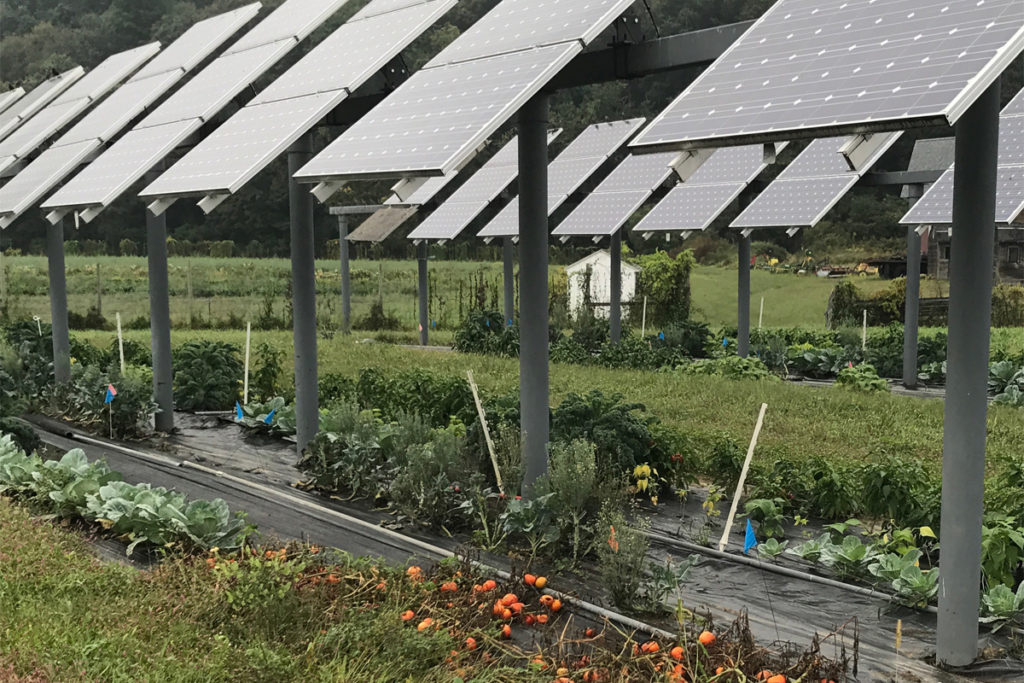Farmers in Colorado currently face a number of threats to their business. Some risks, like drought, aren’t new. Farmers are also facing new challenges like the COVID-19 pandemic. Here we examine some of the new technologies, current research, and unique uses of existing technologies that can help farms face the future and a new normal brought on by the coronavirus.
Digital Farmers Markets
In response to COVID-19, a new type of farmers market has emerged: the Virtual Farmers Market.
The SOCO (Southern Colorado) Virtual Farmers Market utilizes Local Line, a white-label e-commerce solution for farmers to sell directly to customers. You can purchase from over 40 vendors at once, and your order is ready to be picked up in two days.
Source: Fox 21, Colorado Springs
Drones for Precision Irrigation

A 2020 report by the USDA reports that Colorado’s farm water use is very high. Changes in the mountain snow pack will continue to impact the state’s water supply in the Colorado River basin, currently providing water to an estimated 40 million people. Colorado farmers have not yet adequately curbed their water usage.
USDA research farms in Colorado are “experimenting with drones, specialized cameras and other technology to squeeze the most out of every drop in the Colorado River.
Remote sensors measure soil moisture and relay the readings by Wi-Fi. Cell phone apps collect data from agricultural weather stations and calculate how much water different crops are consuming. Researchers deliberately cut back on water for some crops, trying to get the best harvest with the least amount of moisture—a practice called deficit irrigation.”
Source: Denver Post
Moisture Sensors in Fruit Farming
“Regan Choi, a fruit farmer in Colorado, is wrestling with major hurdles when it comes to this year’s business. Ela Family Farms, a 100-acre farm located in the outskirts of Boulder, has been hit with a double whammy from Mother Nature and COVID-19… Choi says the farm has made it a priority to explore incorporating innovation into its business. They have adopted technology from an agtech company that produces moisture sensors.”
Source: Worth
Geothermal Heating and Cooling for Grow Houses
At Emerald Gardens Microgreens, geothermal heat warms the grow building and solar panels help power the cooler.
“This process unfolds in a 3,000 square-foot building where passive solar design and a geothermal system that cycles air through underground tubes maintain the temperature around an optimal 75 degrees during cold weather. A swamp cooler, powered by solar panels, keeps the microgreens comfortable on hot days.
Though generically this type of growing could be called hydroponic, Meza notes that unlike most hydroponic growing, he and Demerling use no synthetic nutrients and no soil.”
Source: Colorado Sun
Agrivoltaics – Solar/Agriculture Hybrid Farms

Solar isn’t a new technology, but a Colorado farmer is using them in a new way. The Kominek family farm in Boulder County is serving as a model for future farms that mix growing plants and harvesting solar energy. The project is called Jack’s Solar Garden.
“Construction is slated to begin this spring on a 1.2-megawatt solar array on the Kominek farm. Some 3,300 solar panels will rest on 6-foot and 8-foot-high stilts, providing shade for crops like tomatoes, peppers, kale, and beans on a five-acre plot. Pasture grasses and beehive boxes are planned for the perimeter… Xcel Energy, the state’s biggest utility, has agreed to pay for each kilowatt-hour delivered from the Kominek’s solar array to the grid.”
Source: Wired
Protect Your Farm with Farm Bureau Insurance
Colorado Farm Bureau Insurance was started in 1950 to help provide affordable, reliable insurance to farmers and ranchers like you. When so many aspects of life are changing around us, our promise is to be there to help protect you and your business when you need us. If you are in need of insurance for your farm or ranch, please reach out to one of our local agents.

